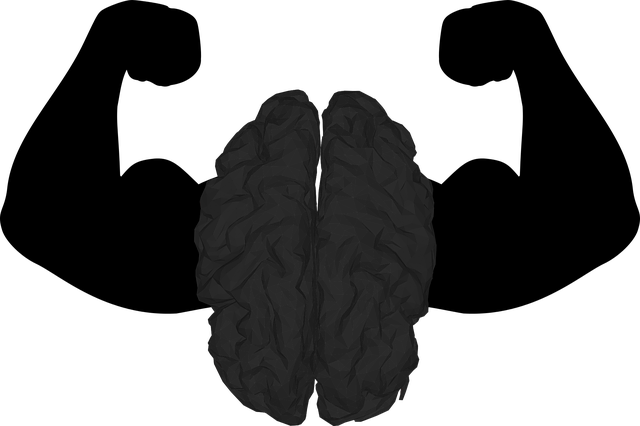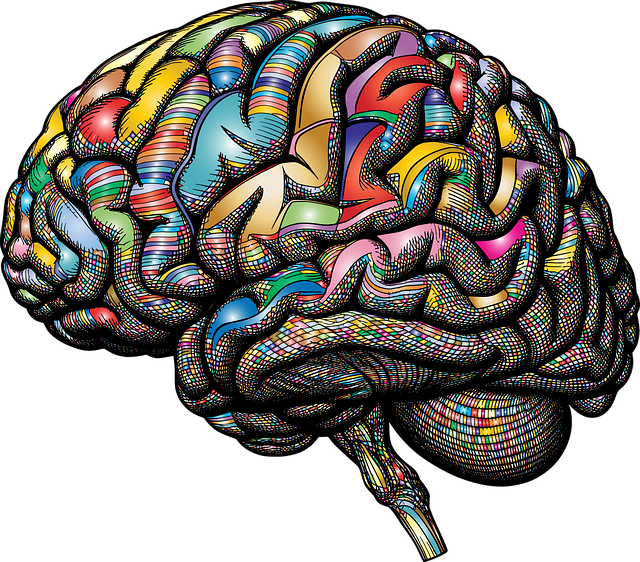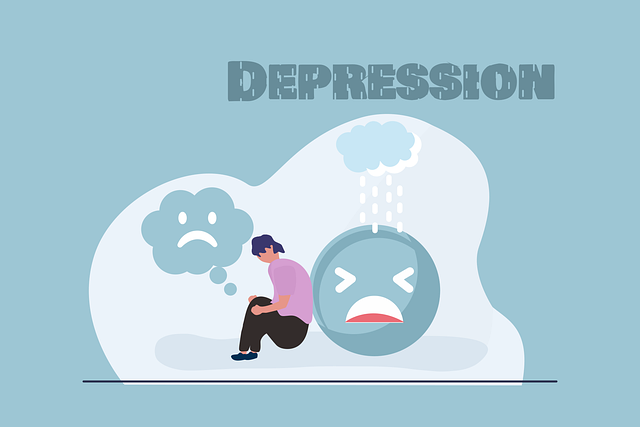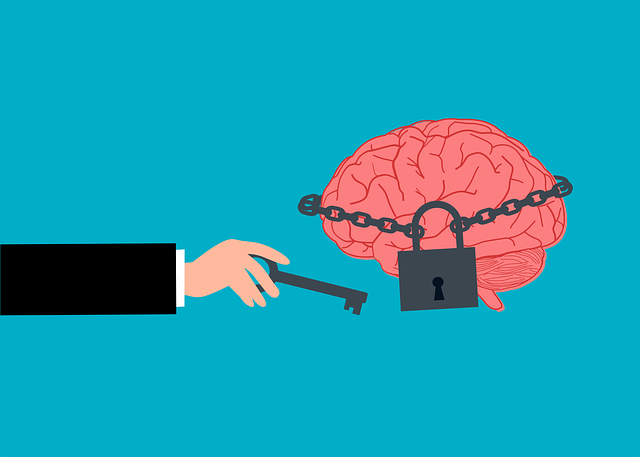Longmont faces challenges in mental health diagnosis due to stigma, complex symptoms, and assessment hindrances. To improve evaluation quality, a multifaceted approach is needed. This includes community outreach, self-care promotion, and training advancements for healthcare professionals. Integration of evidence-based practices, such as Longmont Mental Health Evaluations techniques, ensures accurate diagnoses tailored to diverse backgrounds and individual needs. Patient-centric approaches like active listening and empathy building further enhance evaluation accuracy and treatment planning, revolutionizing mental health care in Longmont.
Mental health diagnosis accuracy is a critical aspect of patient care, yet challenges remain in identifying and treating mental illnesses effectively. This article explores efforts to improve diagnostic accuracy, focusing on current challenges in Longmont mental health evaluations and therapy. We delve into innovative assessment tools and techniques, enhance clinical training, and emphasize patient-centric approaches that can lead to better outcomes. By addressing these areas, we aim to revolutionize mental health care.
- Understanding the Current Challenges in Mental Health Diagnosis
- Innovative Assessment Tools and Techniques
- Enhancing Clinical Training and Expertise
- Patient-Centric Approaches for Improved Diagnosis and Treatment Planning
Understanding the Current Challenges in Mental Health Diagnosis

The landscape of mental health diagnosis is complex and often fraught with challenges. In Longmont, as in many communities, accurate assessments are hindered by a multitude of factors. Stigma surrounding mental illness can lead to delays in seeking help, impacting the overall quality of evaluations. Additionally, the vast spectrum of disorders and their varying presentations make it difficult for healthcare professionals to pinpoint precise diagnoses. This is further complicated by the fact that symptoms often overlap, creating a diagnostic labyrinth for practitioners.
Improving diagnosis accuracy requires a multifaceted approach. Implementing community outreach programs can help demystify mental health issues and encourage individuals to pursue necessary evaluations. Promoting self-care routines and emotional well-being techniques can also play a significant role in early intervention. These proactive measures aim to normalize conversations around mental health, fostering an environment where Longmont residents feel empowered to seek therapy and receive more accurate, timely diagnoses.
Innovative Assessment Tools and Techniques

In recent years, efforts to enhance the accuracy of mental illness diagnoses have led to the development and implementation of innovative assessment tools and techniques. These advancements in Longmont Mental Health Evaluations and therapy methods are revolutionizing the way healthcare providers assess and treat individuals struggling with emotional health issues. By incorporating cutting-edge technology and evidence-based practices, professionals can now gather more comprehensive and nuanced data, leading to more precise diagnoses.
One such tool is the integration of Emotional Well-being Promotion Techniques within assessment processes. These techniques encourage open communication and help patients express their feelings and experiences more effectively. Additionally, Healthcare Provider Cultural Competency Training has become essential in ensuring that mental health professionals can accurately assess individuals from diverse backgrounds, taking into account cultural factors that may influence symptom presentation. Through these progressive approaches, the field of mental health is fostering more accurate diagnoses and personalized treatment plans, ultimately enhancing Emotional Healing Processes for those seeking support.
Enhancing Clinical Training and Expertise

Improving mental health evaluation accuracy starts with enhancing clinical training and expertise among healthcare professionals. In Longmont, Mental Health Evaluations Therapy programs are being revamped to include more comprehensive and up-to-date training on various mental health conditions. This includes advanced techniques for diagnosis, as well as an emphasis on burnout prevention among practitioners, ensuring they remain adept at providing quality care. By fostering a deeper understanding of mental health issues, these efforts aim to reduce misdiagnosis rates and improve patient outcomes.
Additionally, Mental Health Education Programs Design are being carefully crafted to cater to the unique needs of Longmont’s diverse community. These programs not only focus on recognizing and managing symptoms but also promote self-esteem improvement and overall well-being. By integrating evidence-based practices into clinical training and education, healthcare professionals in Longmont are better equipped to accurately diagnose and effectively treat mental health concerns, ultimately enhancing the accessibility and quality of mental health services available to residents.
Patient-Centric Approaches for Improved Diagnosis and Treatment Planning

In recent years, patient-centric approaches have emerged as a powerful tool to enhance mental health evaluation and therapy in Longmont. By prioritizing individual needs and perspectives, healthcare providers can significantly improve diagnosis accuracy and treatment planning. This shift towards patient-centered care involves active listening, empathetic communication, and tailoring interventions to suit unique circumstances. For instance, building empathy through open dialogue allows therapists to uncover hidden symptoms or contextual factors that might influence a patient’s experience of mental illness.
These strategies are not only beneficial for accurate diagnosis but also contribute to better treatment outcomes. By integrating Mental Health Policy Analysis and Advocacy into routine care, patients can gain a voice in their treatment plans, fostering a sense of autonomy and empowerment. Moreover, empathy-building techniques help alleviate anxiety, creating a safe space where individuals feel comfortable sharing their struggles. Ultimately, these patient-centric approaches strive to provide personalized support, ensuring that Longmont mental health evaluations and therapy align with the diverse needs and aspirations of each individual.
Mental health diagnosis accuracy has seen significant advancements through innovative tools, enhanced training, and patient-centric approaches. By embracing cutting-edge assessment techniques and focusing on individualized care, healthcare professionals in Longmont can improve diagnostic efficacy. Integrating these strategies ensures better outcomes for patients seeking mental health evaluations and therapy, fostering a more compassionate and effective healthcare system.









